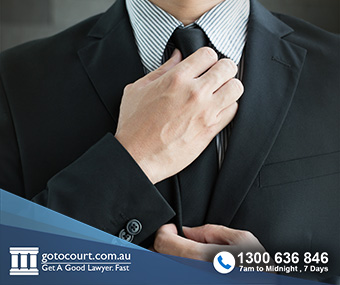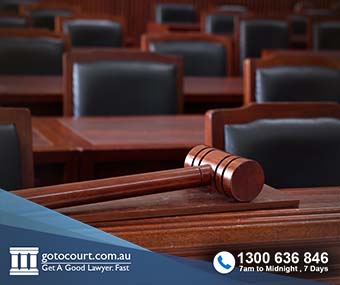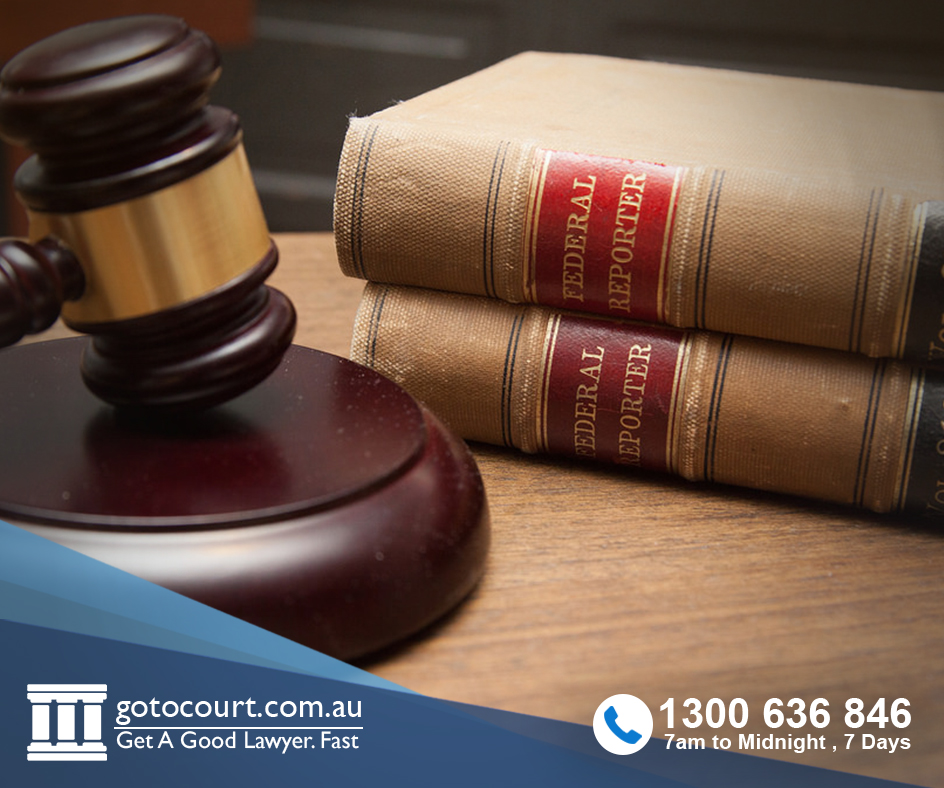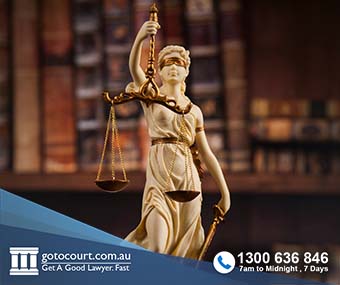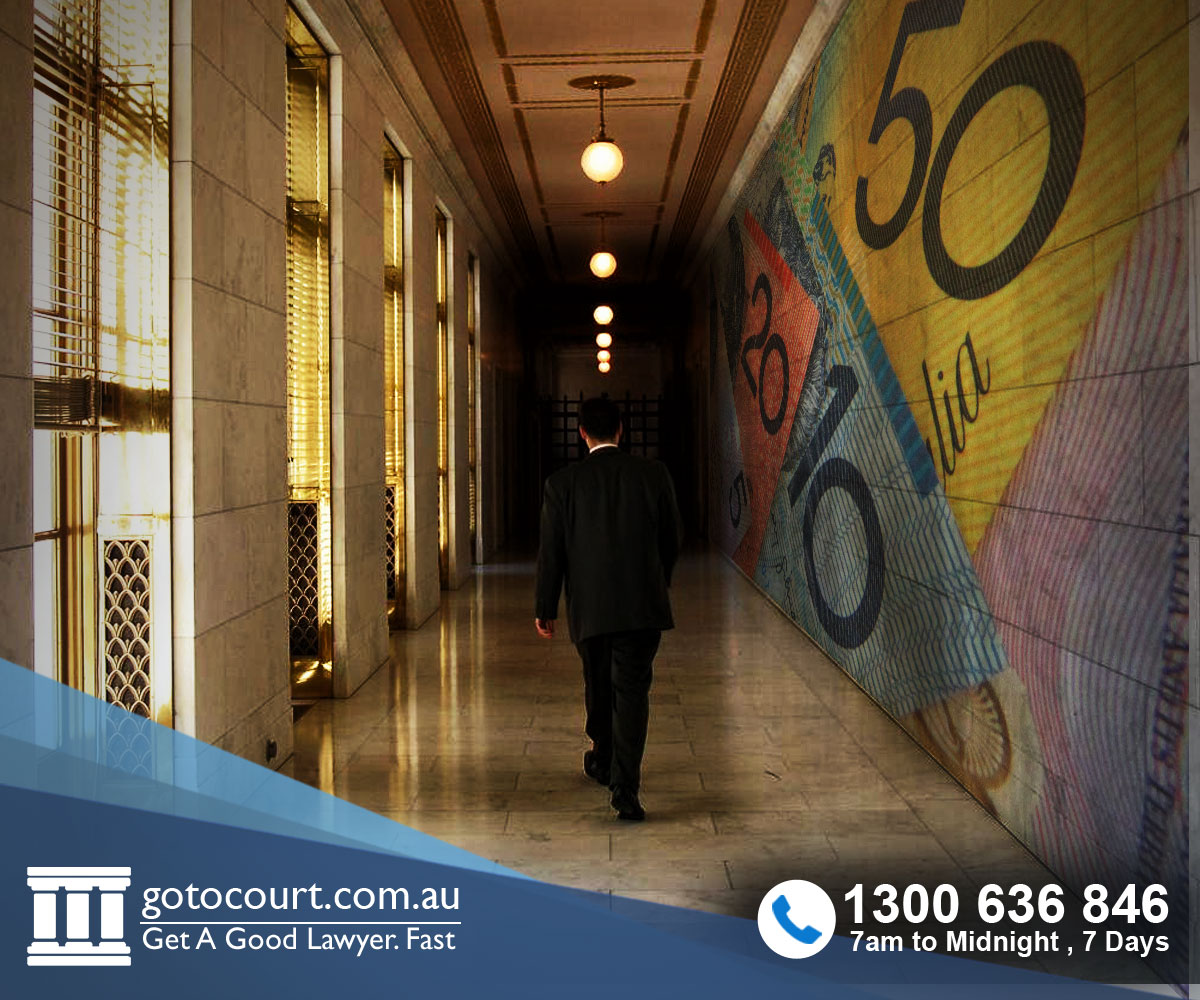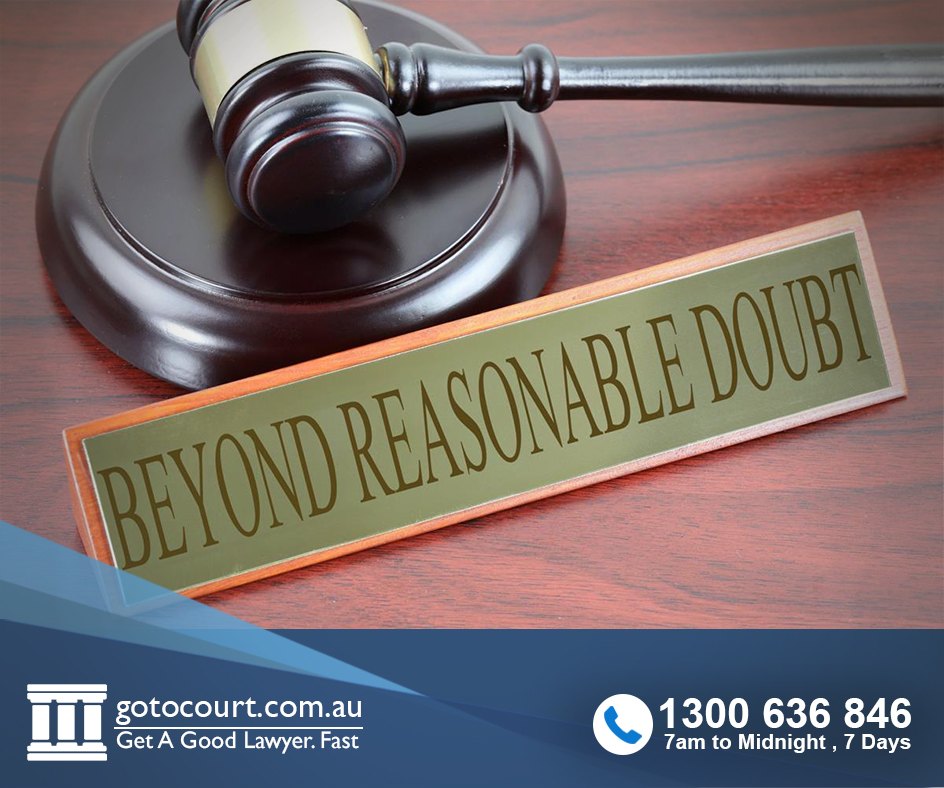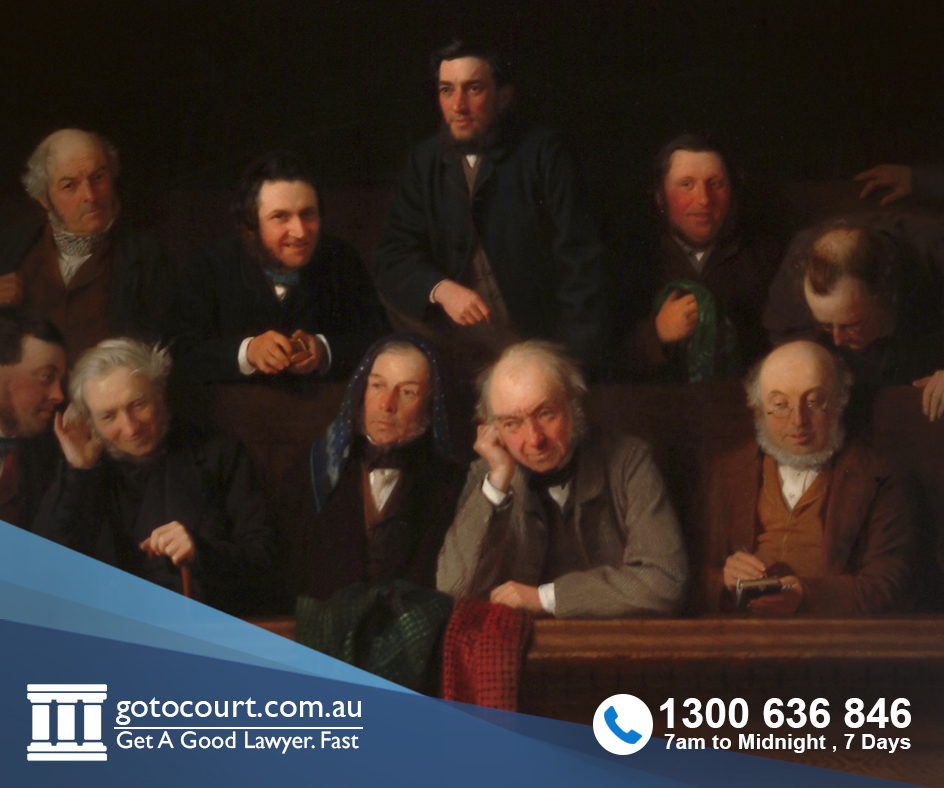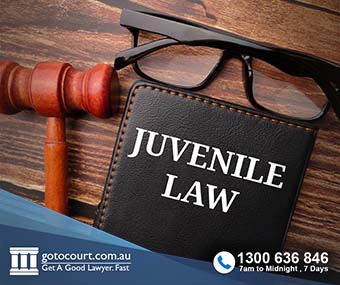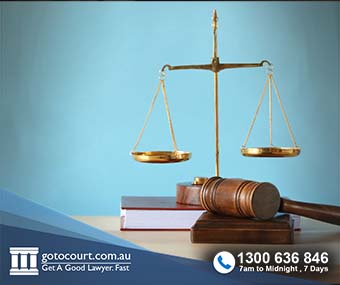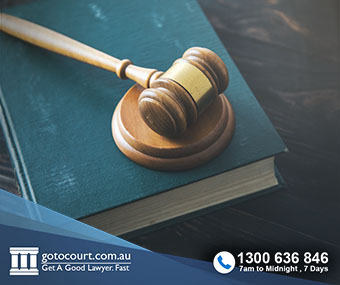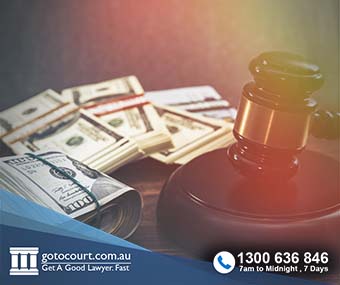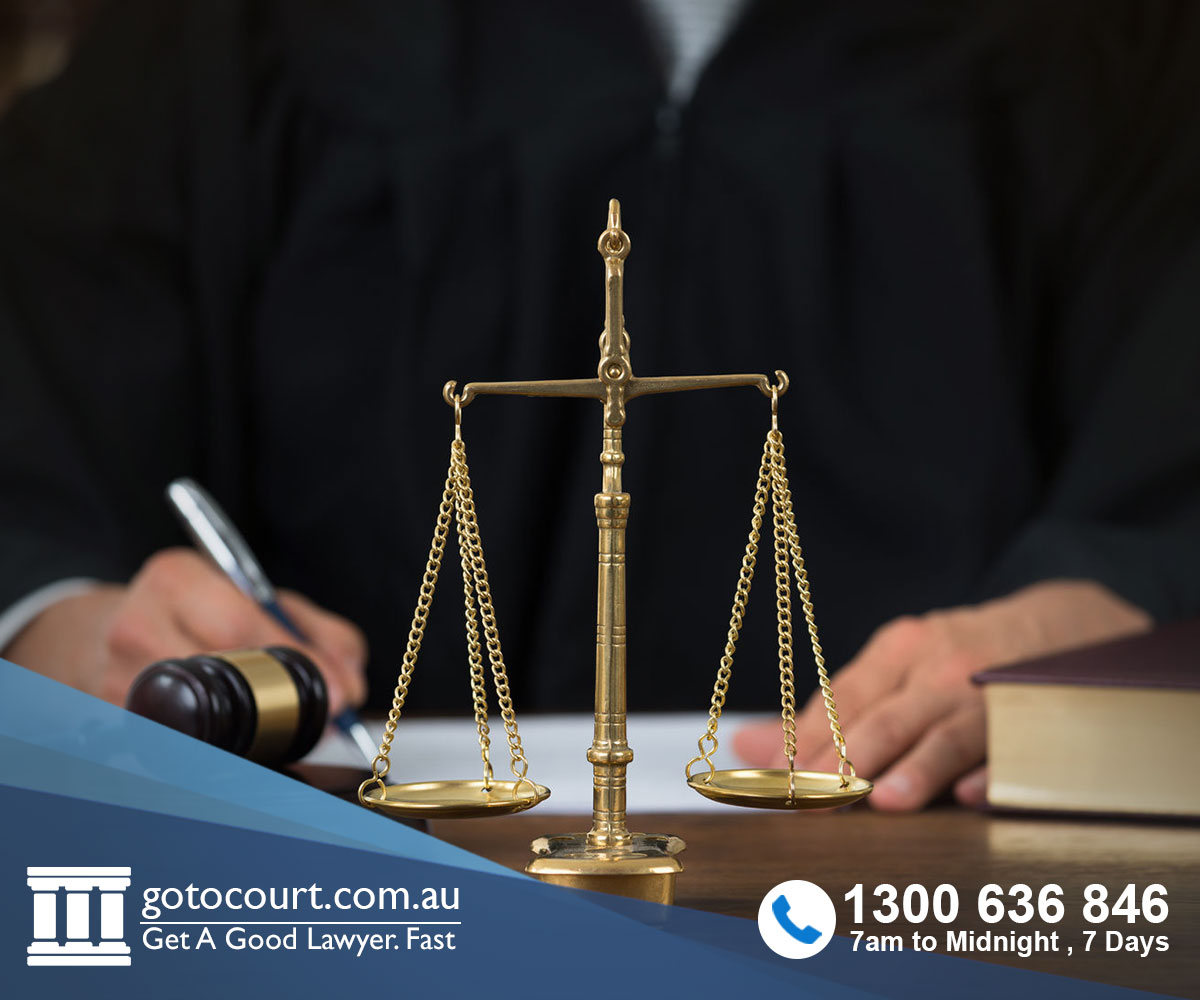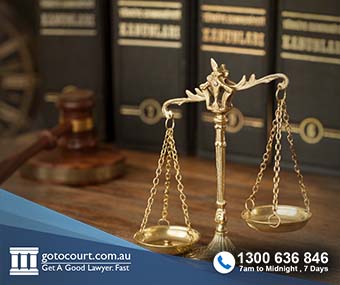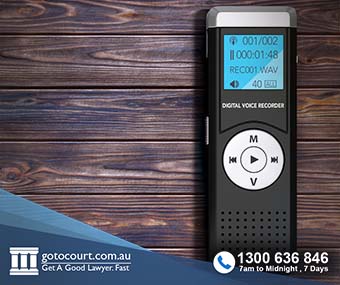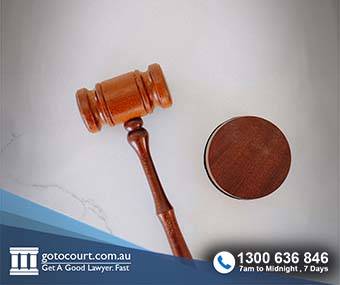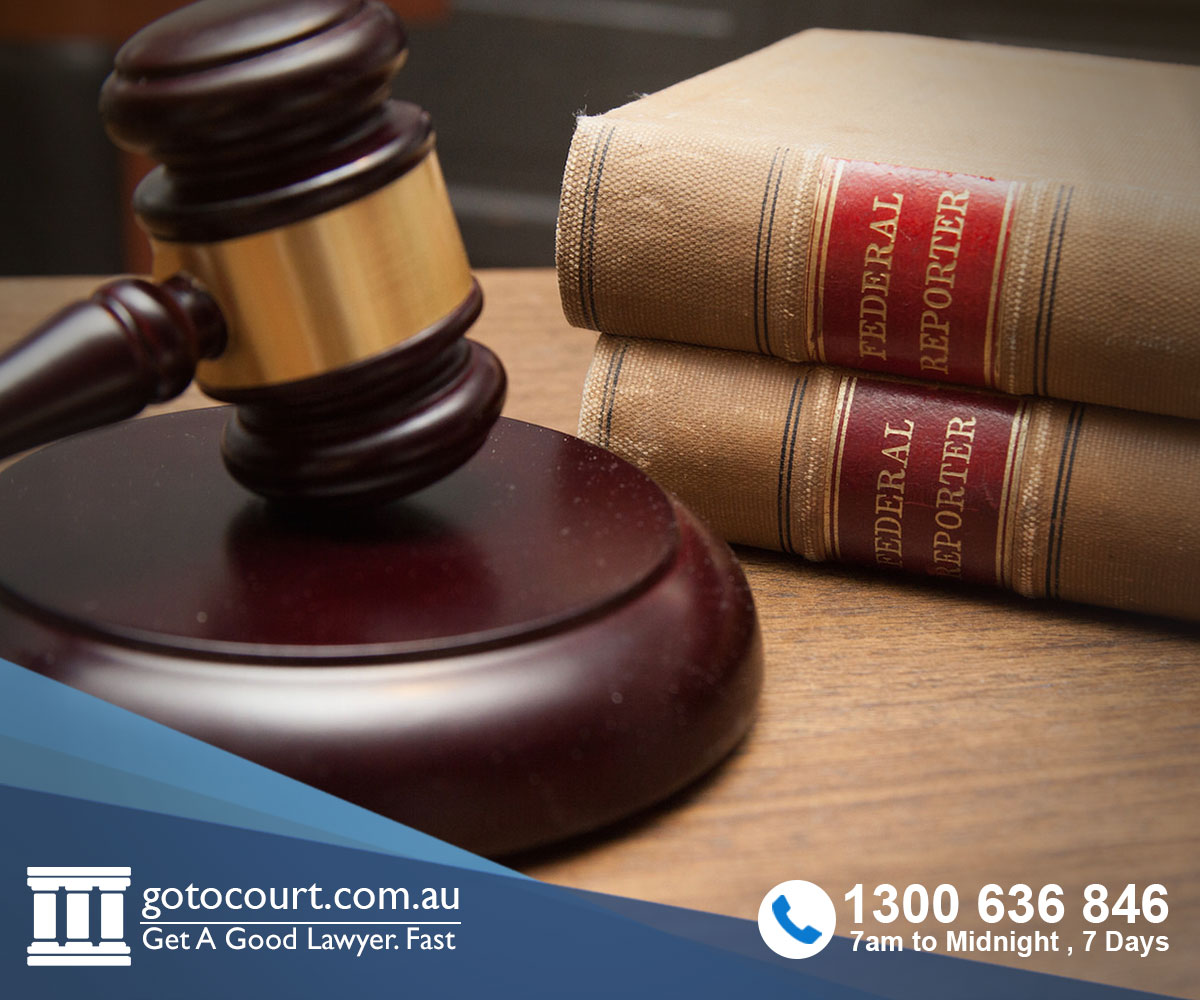Call our lawyers
now
or,
have our lawyers
call you
Jury Duty (Qld)
Updated on Nov 22, 2022 • 5 min read • 734 views • Copy Link
Jury Duty (Qld)
In Queensland, juries determine the outcomes of both civil and criminal trials. Criminal trials are decided by 12 jurors and civil trials by four jurors. Jurors are selected at random by a computer from the electoral roll and potential jurors are sent a letter with a questionnaire that determines whether they are eligible to serve on a jury. If a person is selected for jury duty, they must attend court to take part in empanelment. Those who are empanelled are then allocated to a trial.
Juries in Queensland are governed by the Jury Act 1995. Jurors do not decide questions of law or what sentence a defendant receives; they only decide whether the person is guilty or not guilty (or in a civil trial, who is at fault). Jurors are remunerated for their jury service.
Who is eligible for jury service?
A person is ineligible for jury duty if they:
- Are a member of parliament, councilor or mayor or the Governor;
- Are a lawyer or have been a member of the judiciary;
- Have been a police officer;
- A detention centre employee or corrective services officer;
- Cannot read or write English;
- Have a disability that makes them incapable of performing the role of a juror;
- Have been convicted of an indictable offence;
- Are aged 70 of more, unless they have elected to be eligible for jury duty;
- Have been sentenced to imprisonment.
Who may be excused from jury duty?
A person may apply to be excused from jury duty either permanently or for a particular jury service period. A person may be excused from jury duty either by the sheriff or by a judge. Section 21 of the Juries Act provides that a person can be excused from jury duty if:
- It would result in substantial hardship to the person because of the person’s employment or personal circumstances;
- It would result in substantial financial hardship to the person;
- It would result it substantial inconvenience to the public;
- Others are dependent on the care of the person and suitable alternative care is not available;
- The person’s health requires that they be excused.
Selection of jurors
Both parties in a trial are entitled to a specified number of peremptory challenges of potential jurors as well as being able to challenge a potential juror for cause. A peremptory challenge is a challenge for which the party does not have to give a reason. A challenge for cause may be made on the basis that a person is not eligible to serve on a jury or on the basis that the person is not impartial.
Civil trials
In a civil trial, each party is allowed two peremptory challenges with additional challenges if reserve jurors are to be selected (Section 42).
Criminal trials
In a criminal trial, the prosecution and defence are each allowed eight peremptory challenges, with additional challenges if reserve jurors are to be selected (Section 42).
The court must inform the defendant that they may challenge the selection of a juror before the person is sworn in as a juror (Section 39). A party may challenge the entire jury panel by informing the judge of the reasons for the objection before any juror is sworn in (Section 40). A person selected for jury duty must not be asked questions to find out how they are likely to react to issues in a trial unless a judge authorises this questioning (Section 31).
Restriction on communication
While a jury is kept together a person who is not a member of the jury must not communicate with any of the jurors without the judge’s leave (Section 54). A contravention of this section amounts to contempt of court.
Accommodation for jury
While a jury is kept together outside the courtroom, the jurors must be kept together in a private place under the supervision of a court officer or otherwise as the judge directs (Section 55).
Discharge or death of juror
A judge may discharge a juror, after he or she has been sworn in if
- It appears that the juror is not impartial;
- The juror becomes incapable of continuing to act as a juror;
- The juror becomes unavailable for reason the judge considers adequate;
If a juror dies or is discharged before the trial begins, the judge may direct for another juror to be sworn in (Section 56).
Verdicts
If the jury in a civil trial fails to reach a unanimous verdict after six hours, the judge may discharge the jury. IF the jury has not reached a unanimous verdict after six hours, the court may accept the verdict of three of the jurors as the verdict of the jury if both parties agree to this.
Verdicts in criminal matters for particular offence must be unanimous. In other criminal matters, the judge may accept a majority verdict
If you require legal advice in relation to a criminal matter or any other legal matter please contact Go To Court Lawyers.

Affordable Lawyers
Our Go To Court Lawyers will assist you in all areas of law. We specialise in providing legal advice urgently – at the time when you need it most. If you need a lawyer right now, today, we can help you – no matter where you are in Australia.How It Works







1. You speak directly to a lawyer
When you call the Go To Court Legal Hotline, you will be connected directly to a lawyer, every time.


2. Get your legal situation assessed
We determine the best way forward in your legal matter, free of charge. If you want to go ahead and book a face-to-face appointment, we will connect you with a specialist in your local area.


3. We arrange everything as needed
If you want to go ahead and book a fact-to-face appointment, we will connect you with a specialist in your local area no matter where you are and even at very short notice.


